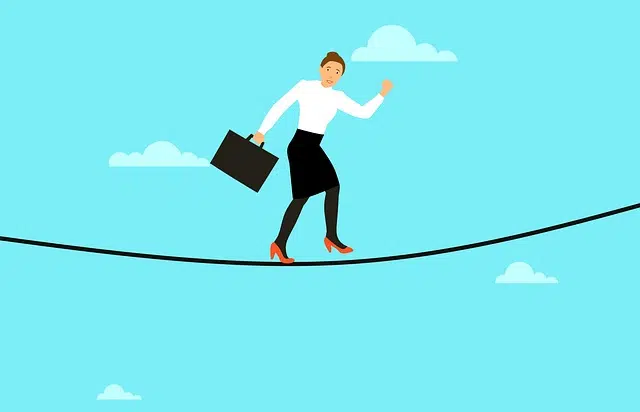
Self-regulation can consist of maintaining balanced behavior.
Self-regulation is the act and consequence of self-regulating . The verb autoregular , meanwhile, refers to regulating (adapting, adjusting) oneself .
Self-regulation is understood as the control that a person exercises over their emotions, actions and thoughts . This process helps the individual meet his or her goals.
Behavioral domain
It can be said that self-regulation implies mastery of behavior and cognitive processes , for example. It is also associated with the link that the subject establishes with motivation.
Each human being develops various strategies to achieve self-regulation. Thus, after establishing what your goals are, you can diagram the route that will take you to the desired destination.
Examples of self-regulation
Self-regulation is linked to internal management . Take the case of a young man who, upon receiving his salary, decides not to spend the money on outings with his friends and, instead, chooses to save to pay for his studies. This boy is resorting to self-regulation: he discards an immediate benefit (enjoying an outing) in order to achieve a greater one in the future (graduating).
Now let's imagine that someone gets angry with his boss and, when he is about to insult him, he chooses to remain silent. Thus, by appealing to self-regulation, you manage to minimize a conflict and avoid a problem .
Self-regulation, in short, consists of directing ideas and actions towards adaptation to a context . In this way, the person can adapt to a situation or environment in order to satisfy his or her desires, either immediately or later.

Relaxation is important for self-regulation.
Tips to deal with stress
As with all emotional traits , each human being has a particular degree of predisposition to self-regulation: not all of us are capable of controlling ourselves to the same extent in the face of a stressful situation, for example. At both extremes are those people who can lead balanced lives, without considerable problems with those close to them, and those who tend to lose their minds too frequently and in this way harm themselves on all levels of life, from the personal to the labor.
To help the latter control themselves and live better, there are many tips. These are not magic and instant recipes, but guides to strategically move away from the deepest wells in favor of flatter and safer terrain. One of them is to delegate certain responsibilities whenever possible, as if it were asking others to help us carry certain suitcases that are too heavy.
Since stress is the worst enemy of self-regulation, the best thing we can do is distribute the tension caused by obligations among our most trusted friends and colleagues. Another very useful tip is to learn to say no , especially to those commitments that we know in advance we will not be able to fulfill or that will lead us to too high levels of demand.
Self-regulation and balance
Let's not forget that self-regulation means respecting and respecting yourself, it means maintaining personal balance to live and let live well. It is our responsibility as social beings, and that is why we must take into account our needs and also the repercussions of our actions on others. That is why it is also important to look at our problems from the outside : acquiring a somewhat distant perspective allows us to find new solutions.
Self-regulation allows us to stop certain harmful processes, such as those loops of negative thoughts that corner us in total darkness. It's not easy, but clearing our minds can give us a breath of fresh air when we need it most to make a good decision instead of one that condemns us forever. If we remember the example of someone who avoids insulting his boss, he may well come to this decision by curbing his negative impulses and clearing his mind.
